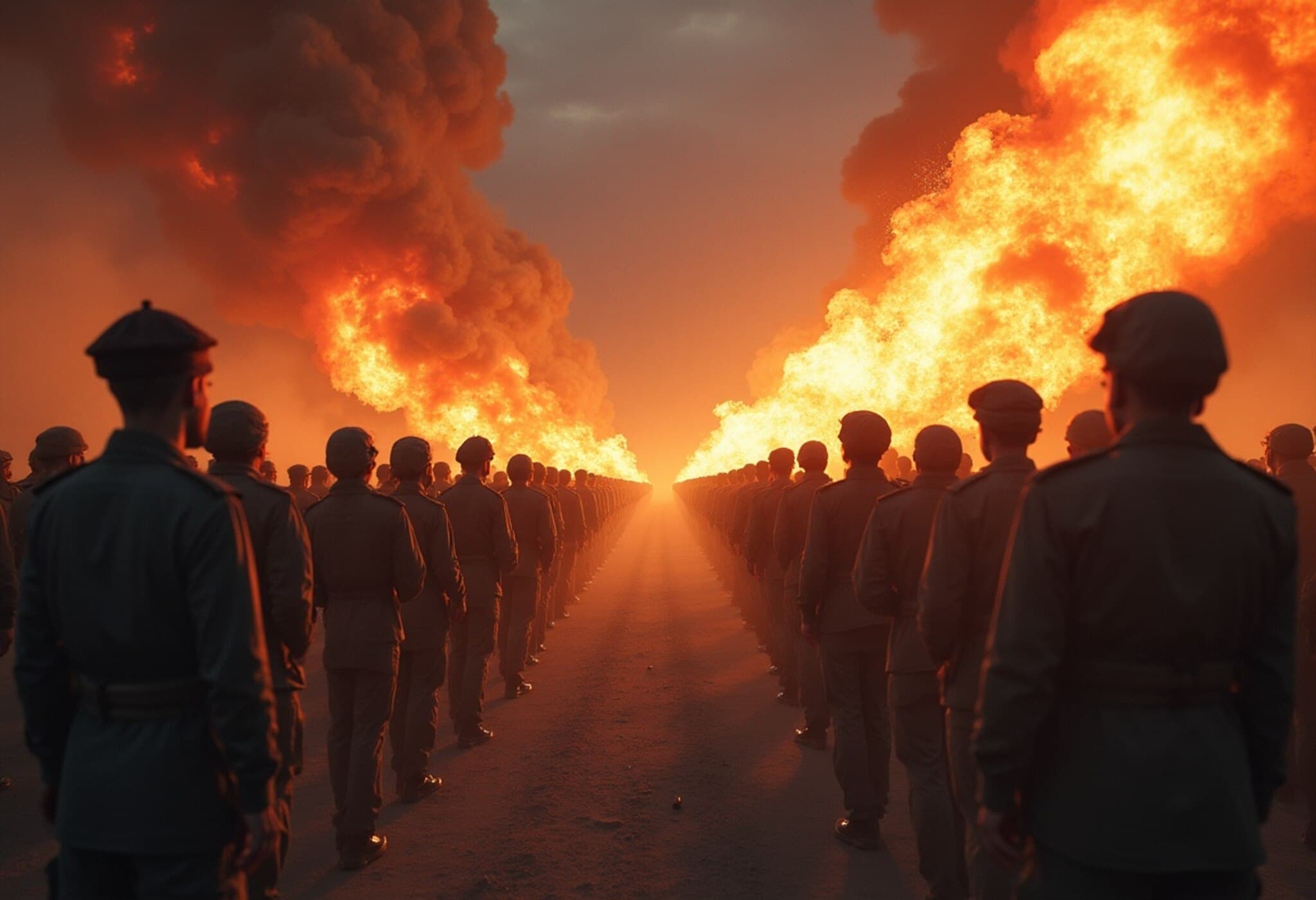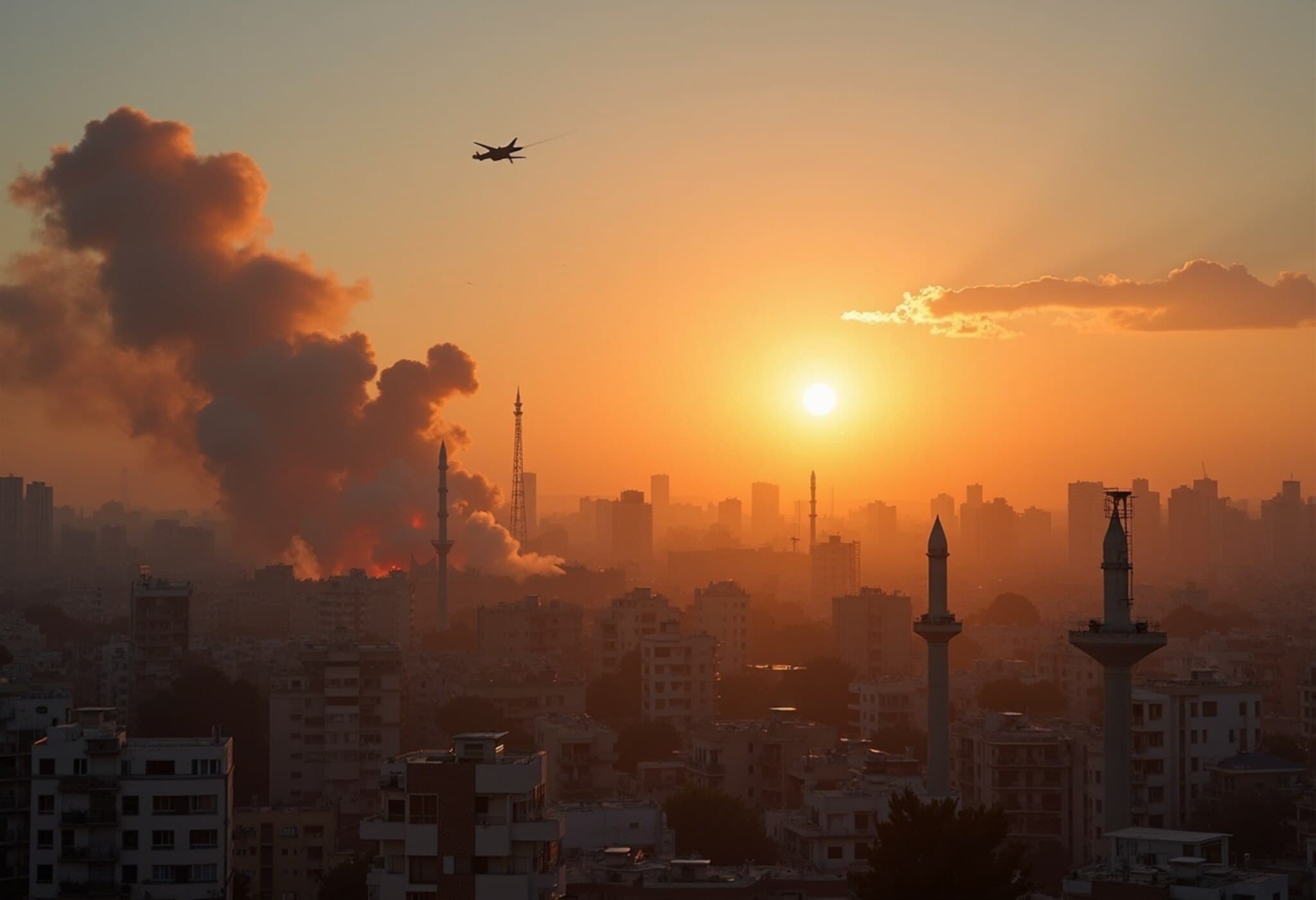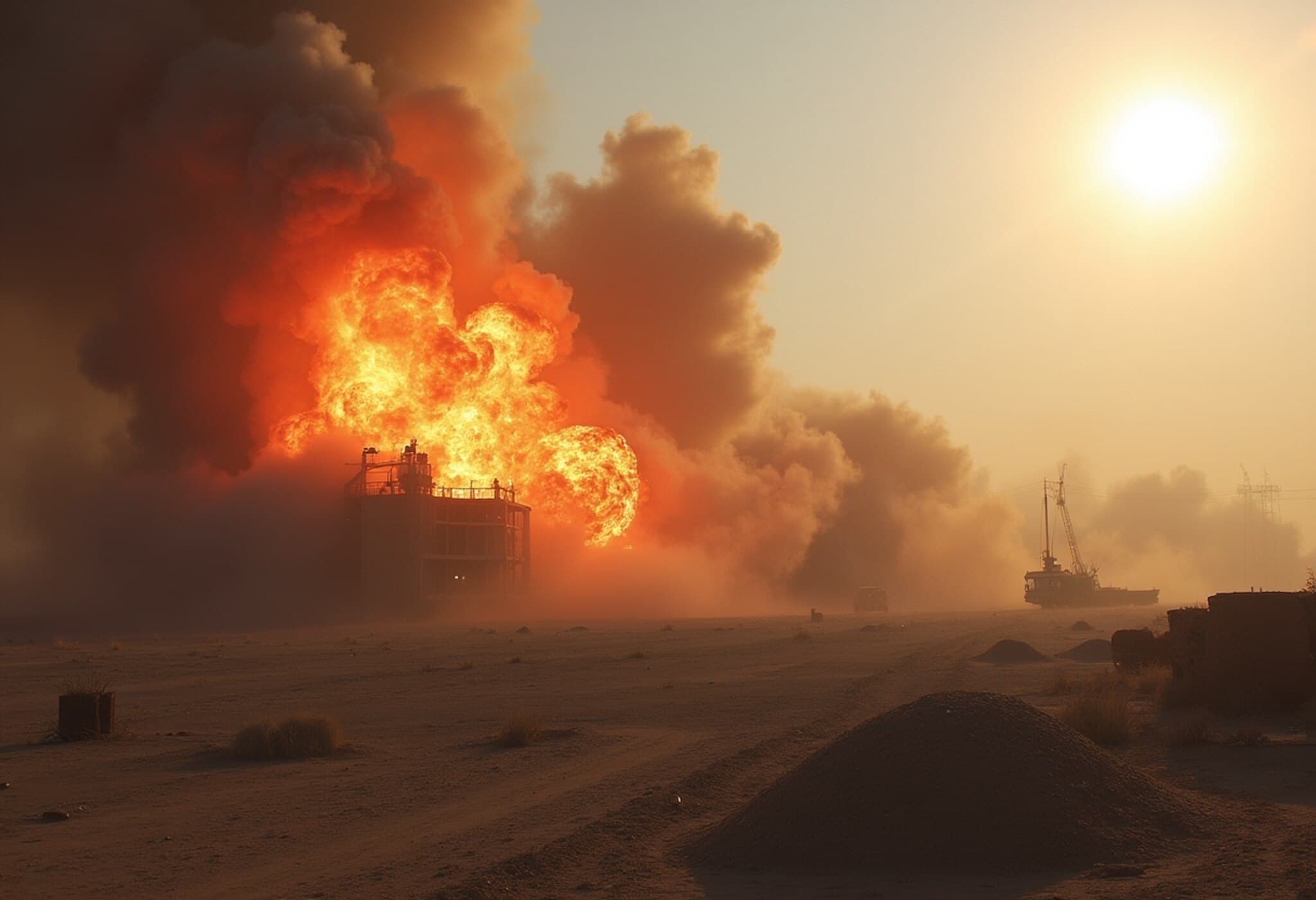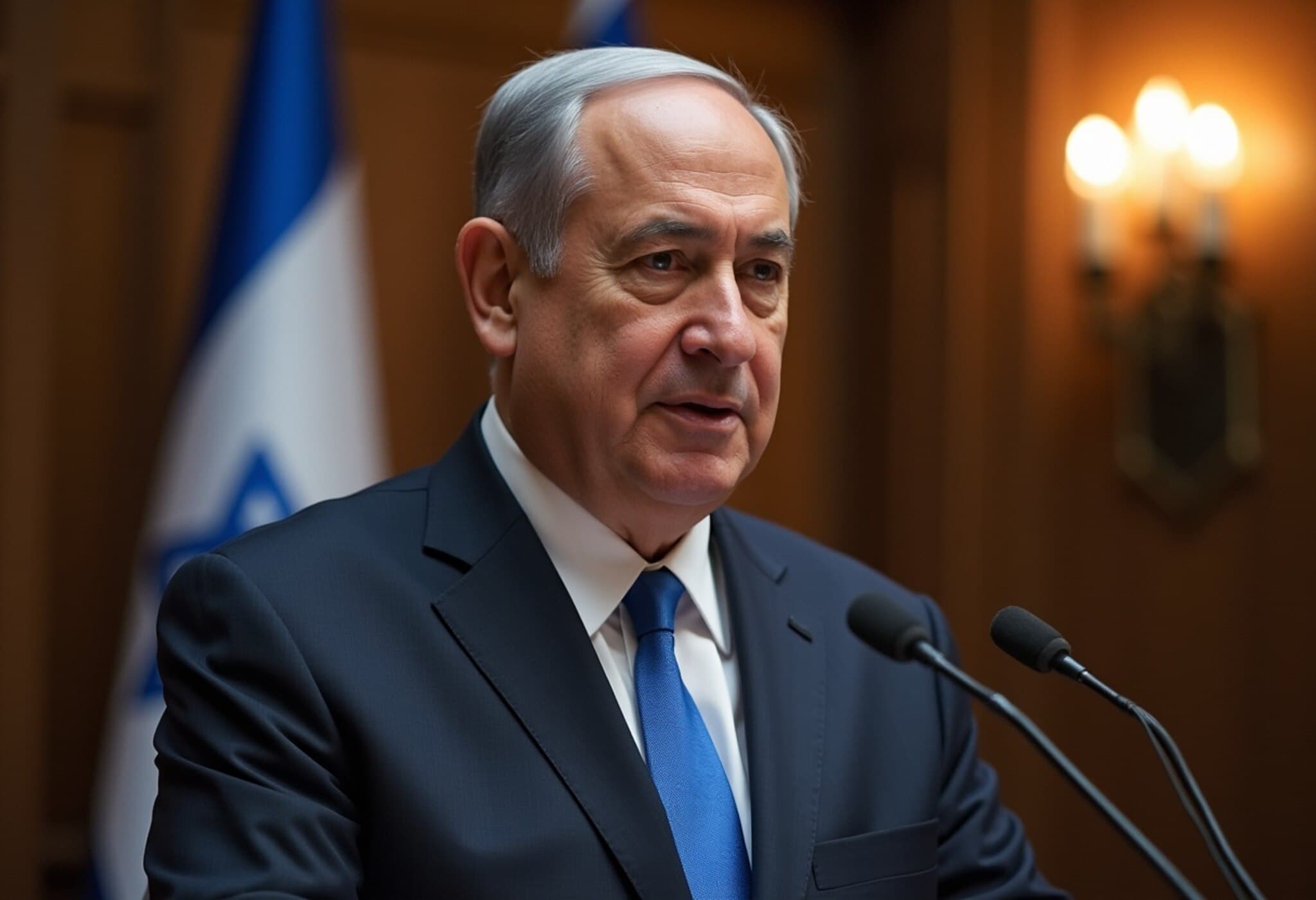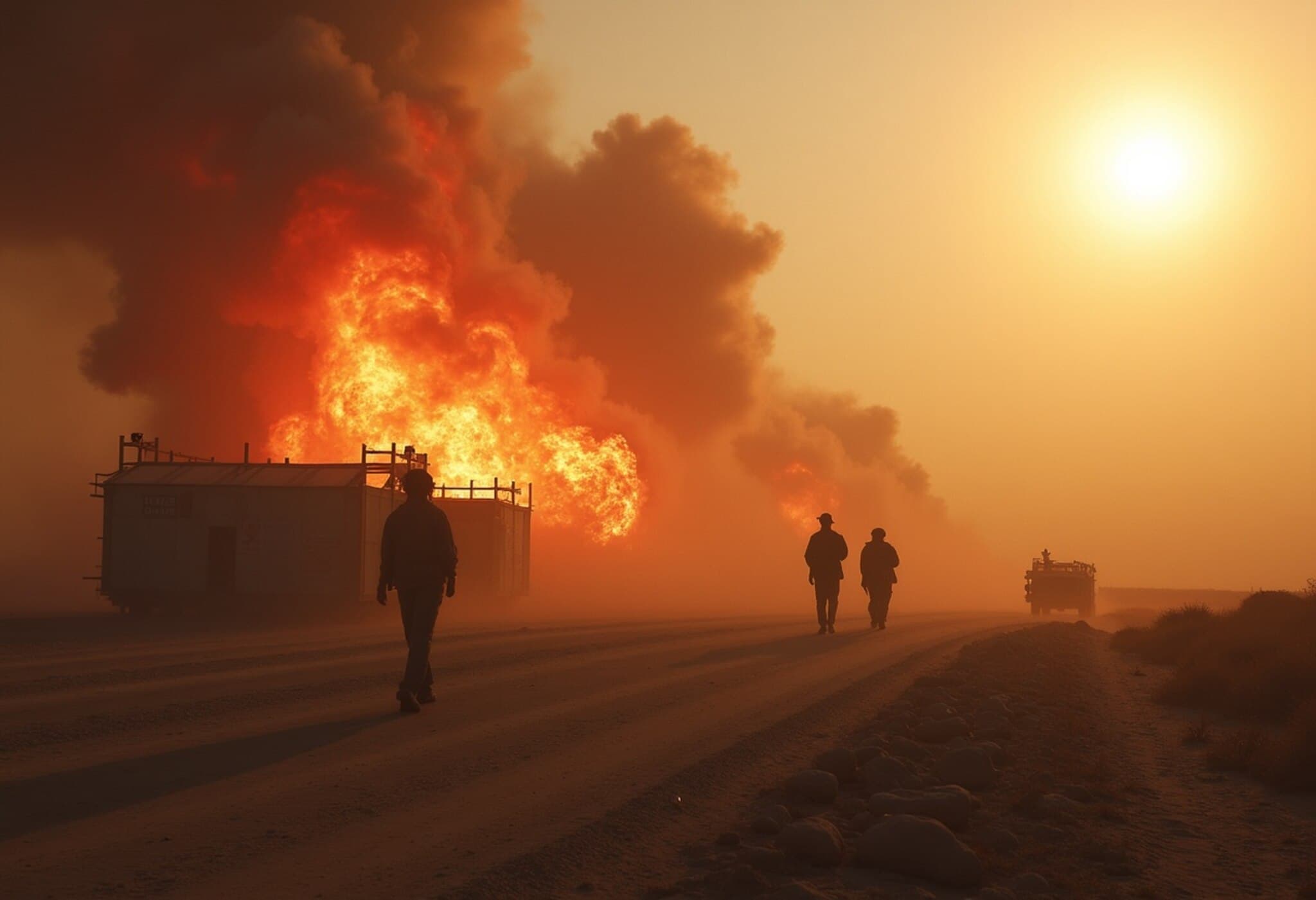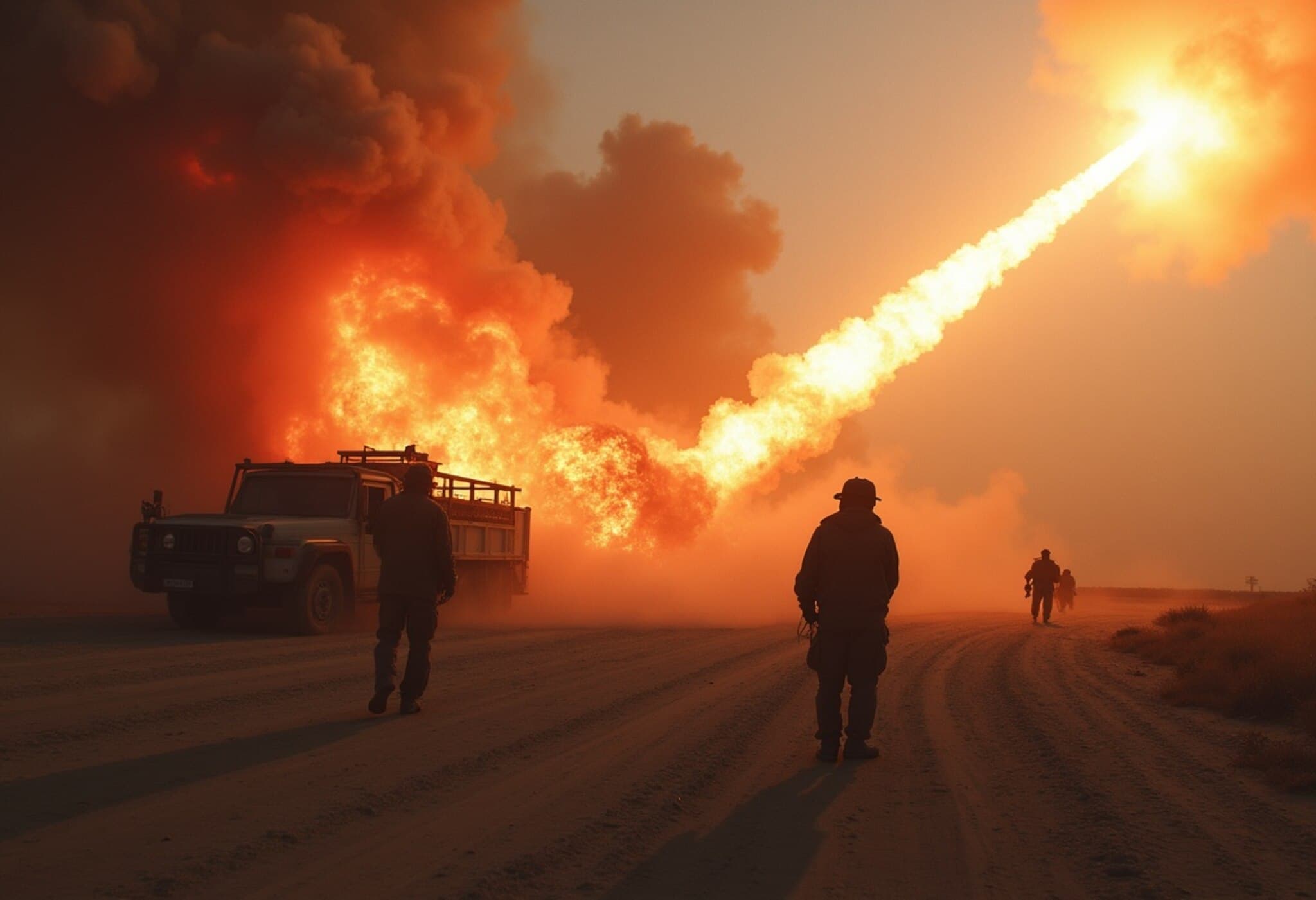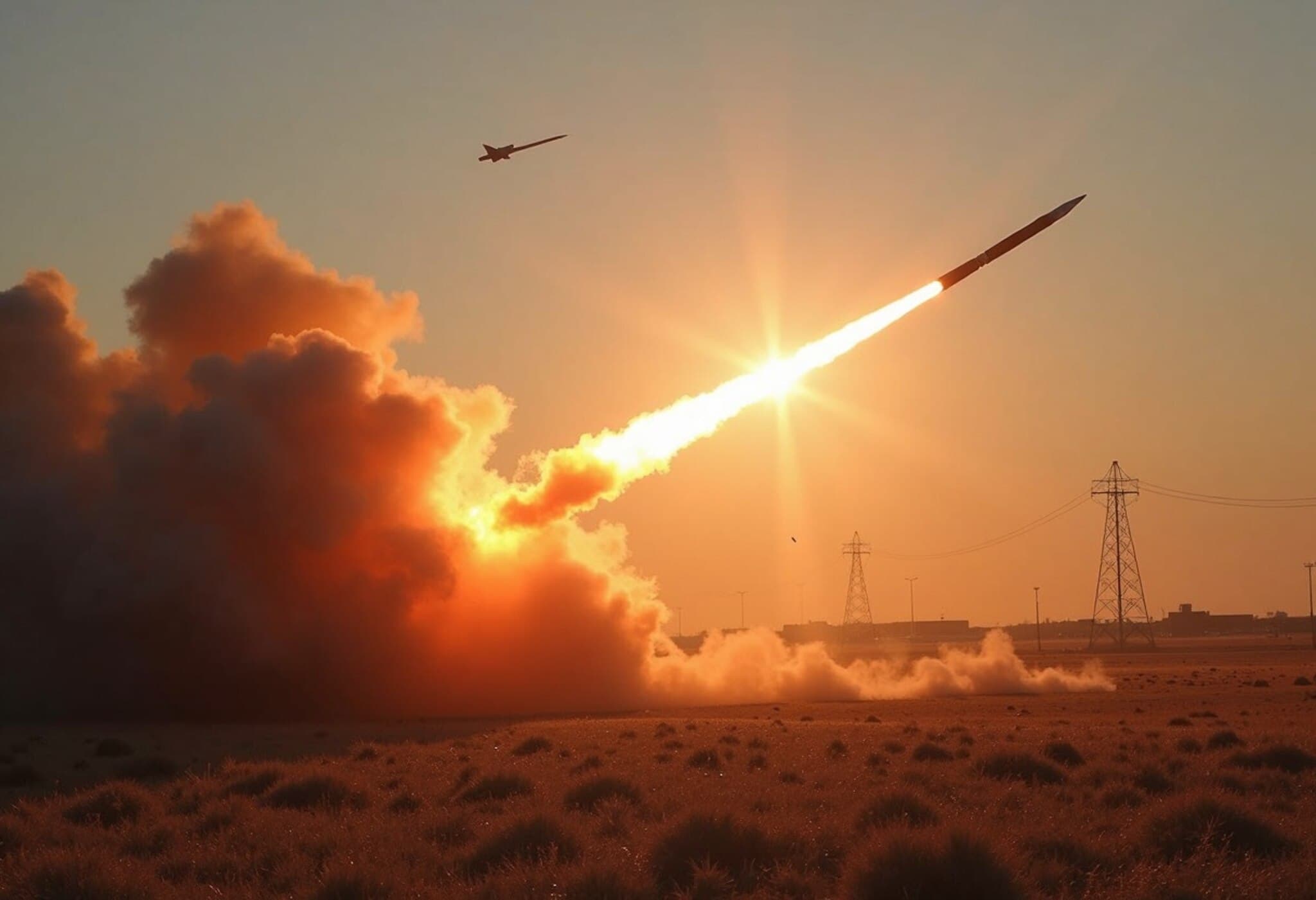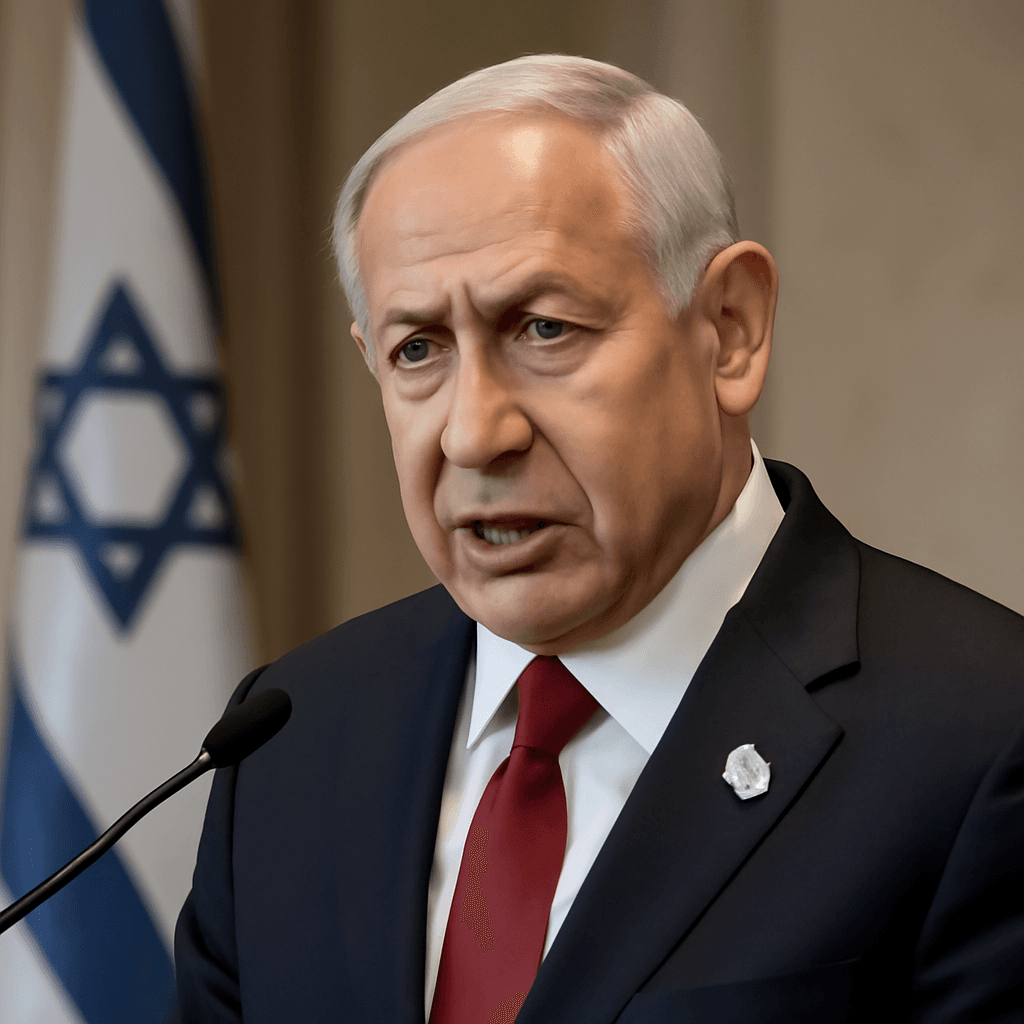Tourists Face Uncertainty as Israel-Iran Conflict Intensifies
Thousands of tourists in Israel have found their travel plans dramatically disrupted following a sudden escalation in regional tensions. Early Friday, Israel launched an unexpected military strike against Iran, prompting the closure of its national airspace and leaving many visitors stranded amid escalating missile exchanges.
Airspace Shutdown Grounds Flights, Stranding 40,000 Visitors
The Israeli government ordered all residents and visitors to remain indoors as sirens wailed and missile interceptions lit up the skies. The Ministry of Tourism estimates that approximately 40,000 tourists are now stuck within the country, with airlines canceling all flights indefinitely.
With direct flights grounded, travelers face tough choices: wait for conditions to stabilize or seek indirect and costly escape routes through neighboring countries.
Voices from the Ground: Experiencing a New Level of Conflict
Justin Joyner, visiting Jerusalem from California with his family, described the stark reality of being caught off guard by this escalation. "We expected some disruption given the ongoing Gaza conflict," he said, "but an attack on Iran is a whole other escalation." He recounted nights spent rushing to bomb shelters as Iranian ballistic missiles streaked overhead, unsettling moments unfamiliar to visitors from peaceful regions.
Similarly, Dr. Greer Glazer from Cleveland, who was attending a nursing training program in Jerusalem, highlighted the strain of frequent sirens and overnight sheltering. Although she maintains a sense of safety, the sudden alarms awaken her and others repeatedly.
Alternative Routes and Varied Responses Among Tourists
Many are looking to exit Israel via land crossings into Jordan, the most viable current route. Flights out of Amman airport continue to operate during daylight hours, offering a glimmer of hope for those eager to leave.
High-profile travelers, such as a well-known U.S. influencer who arrived shortly before events escalated, reportedly left through Jordan after experiencing the tense atmosphere firsthand.
Yet, not all are rushing to leave. Karen Tuhrim, visiting from London to see family in Tel Aviv, acknowledged the disruption but feels safer near her daughter than back home. Despite Tel Aviv bearing direct missile hits, she remains calm and chooses to stay.
Life in Lockdown: Closed Attractions and Quiet Streets
The Ministry of Tourism has launched a 24/7 virtual help desk to assist stranded travelers in English and Hebrew. However, many public spaces are shuttered indefinitely. Museums remain closed, access to Jerusalem’s Old City is restricted to residents only, and most shops are deserted.
Residents like Anwar Abu Lafi observe a pervasive gloom, noting empty streets and a public yearning for reprieve amid uncertainty. "People are craving a break, trying to find hope in this darkness," he said.
The Road Ahead Remains Unclear
As Israel and Iran exchange blows, the region braces for an uncertain future. For the tens of thousands trapped within Israel’s borders, patience and resilience are essential as the conflict unfolds.










